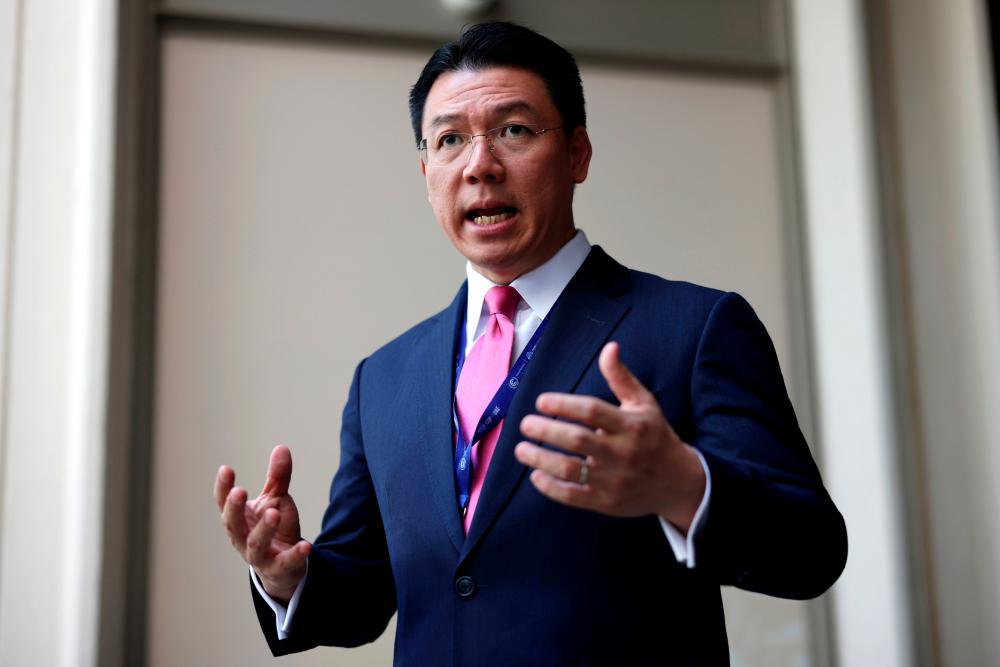KUALA LUMPUR: The poor mobilisation and lack of transparency in climate finance have impeded developing nations from achieving mitigation and adaptation initiatives for climate change, said Local Government Development Minister Nga Kor Ming.
He said climate change is a global problem that needs a global commitment to immediately hammer out a transition plan to use renewable energy and help fund vulnerable nations.
He said Malaysia reiterates the importance of transparent and immediate mobilisation of the loss and damage fund to fully empower vulnerable cities and local governments to be at the forefront of fighting this climate crisis.
“We only have one pathway ahead of us – sustainable urbanisation and a green future. The time is now, and we have to act together to protect our livelihoods and mitigate climate catastrophe.
“There is not a moment to lose. We are in a do-or-die situation. We must act together now or face a looming extinction of nations and cultures,” he said.
Nga said this in his speech at the Ministerial Meeting on Urbanisation and Climate Change at the 28th Conference of Parties to the United Nations Framework Convention on Climate Change – UNFCCC COP28 in Dubai, the United Arab Emirates, today. His speech was made available to the Malaysian media.
Nga said Malaysia is highly committed to reducing its greenhouse gas emissions by 45 per cent by 2030 and reaching net-zero emissions by 2050 through the implementation of the National Energy Policy 2040.
He added that the policy serves as a transformative force, establishing the groundwork for a just and inclusive energy transition while Malaysia’s progressive Low Carbon Nation Aspiration enables the Malaysian economy, capitalising from the energy transition, to remain resilient and sustainable.
Nga said the transition from linear to circular economy is crucial and Malaysia has recently established the National Circular Economy Council to oversee the implementation and progress of this emerging economic sector.
“This includes the recently introduced National Energy Transition Roadmap, which is designed to establish a sustainable energy pathway and a high-value green economy, fostering sustainable growth and job creation.
“Malaysia has actively implemented high-impact initiatives to reduce the amount of solid waste, such as the Drive Through Recycling Centres where the public could trade trash for cash incentives,” he added.
Nga said the Waste-to-Energy (WtE) technology is a viable solution for Malaysia to reduce its solid waste, and the Bukit Tagar Enviro Park (BTEP) in Selangor is the largest renewable energy plant that converts methane from landfills with a capacity to produce 12 megawatts (MW). - Bernama









